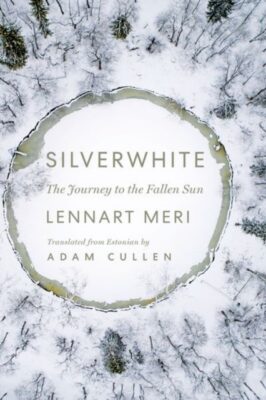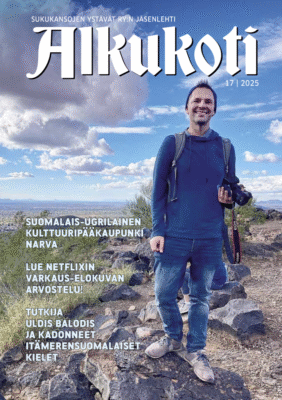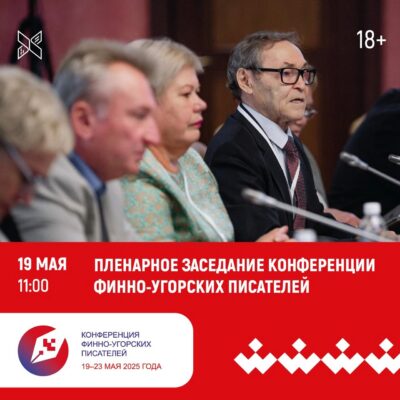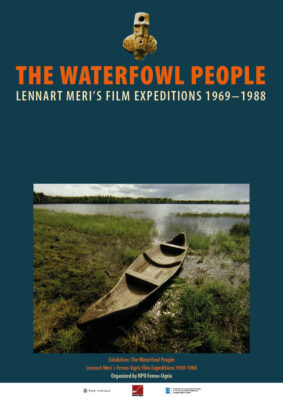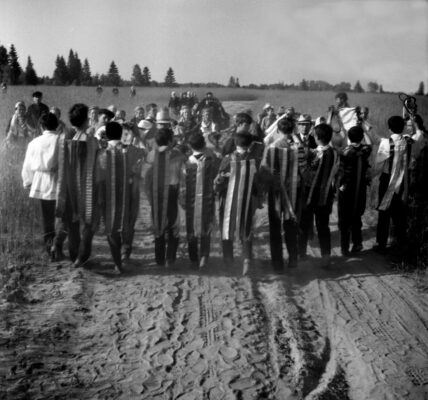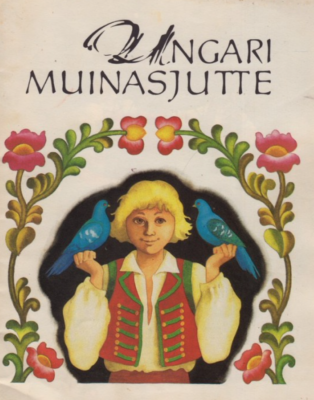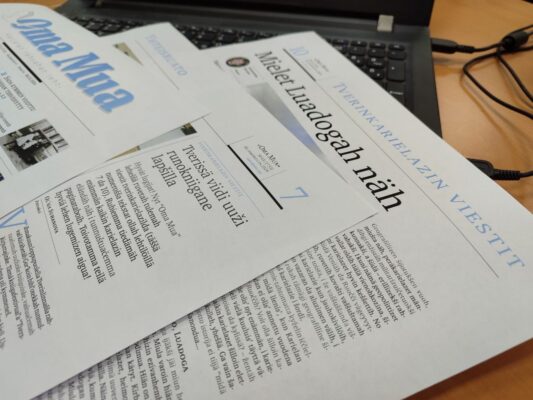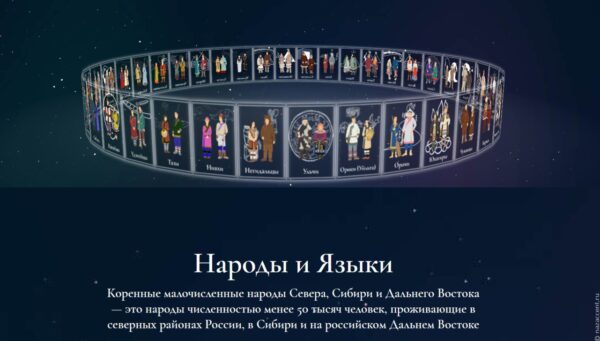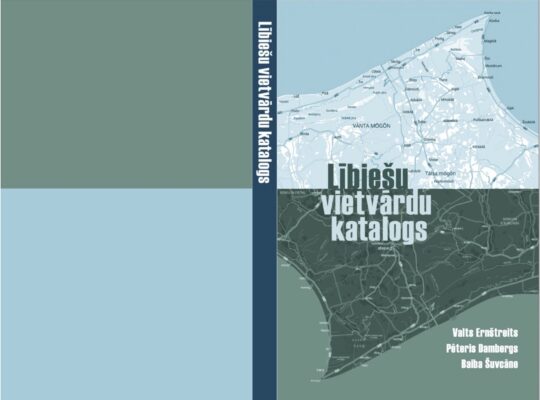
News
Lennart Meri's "Silverwhite" presented in a high-profile event
On 28 May, Lennart Meri‘s book “Silverwhite” was presented at the British Embassy in Pirita-Kose. The book was translated into English by Adam Cullen and …
New issue of Alkukoti published
The 17th issue of Alkukoti, an annual magazine published by Sukukansojen ystävat ry, was published at the beginning of April. After a break, the association of friends of Finno-Ugric Peoples in Finland has published a substantial issue, including several articles from Estonia.
III Conference of Finno-Ugric Writers took place in Khanty-Mansiysk
The conference took place on 19-23 May and was expected to attract nearly 200 participants: writers, publishers, literary scholars, linguists, librarians, ethnologists. All the Finno-Ugric …
Launch of 'The Waterfowl People' in York: report
Fenno-Ugria's travelling exhibition 'The Waterfowl People' was launched at the Spring Lange Building in the University of York on 8 May. Project manager Patrick O'Rourke reports on the festive launch.
Opening of exhibition 'The Waterfowl People' in York
On 8 May at 15:00 GMT, Fenno-Ugria will host the opening of the poster exhibition ‘The Waterfowl People’ at the University of York in the …
Hungarian Culture Day on 22 January
Since 1989, Hungarian Culture Day has been celebrated on 22 January. It is the day on which the poet Ferenc Kölcsey (1790-1838) completed the text …
In memoriam Arnold Rüütel (1928-2024)
The deceased President of the Republic of Estonia will go down in the history of our country as a statesman who was one of the …
'Silverwhite' published in English next year
The iconic work by Lennart Meri, published in 1976, will be translated into English. The translation will be published next spring.
Soviet soldiers who killed Hungarians are now honoured
On 14 November, the most important information channel of the Komi Republic published an announcement with the headline 'Ivan Trubin, who took part in combat operations in Hungary, died in Uhta at the age of 90'.
Newspaper Oma Mua adds Tver Karelian language
The only Karelian-language newspaper in the Russian Federation, Oma Mua, which had ceased publication in Karelia due to lack of funds, resumes publication. The good …
Russia launches virtual atlas of Northern indigenous peoples
A multimedia portal, or virtual atlas, dedicated to the indigenous peoples of Siberia and the Far East of the Russian Federation has been launched in …
Livonian place name catalogue
The Day of the Livonian Flag is on 18 November 2024. On this day, the Livonian flag is flown in different places across Latvia. Livonian places are a current theme, because this year saw the publication of the Livonian place name catalogue (Lībiešu vietvārdu katalogs).
